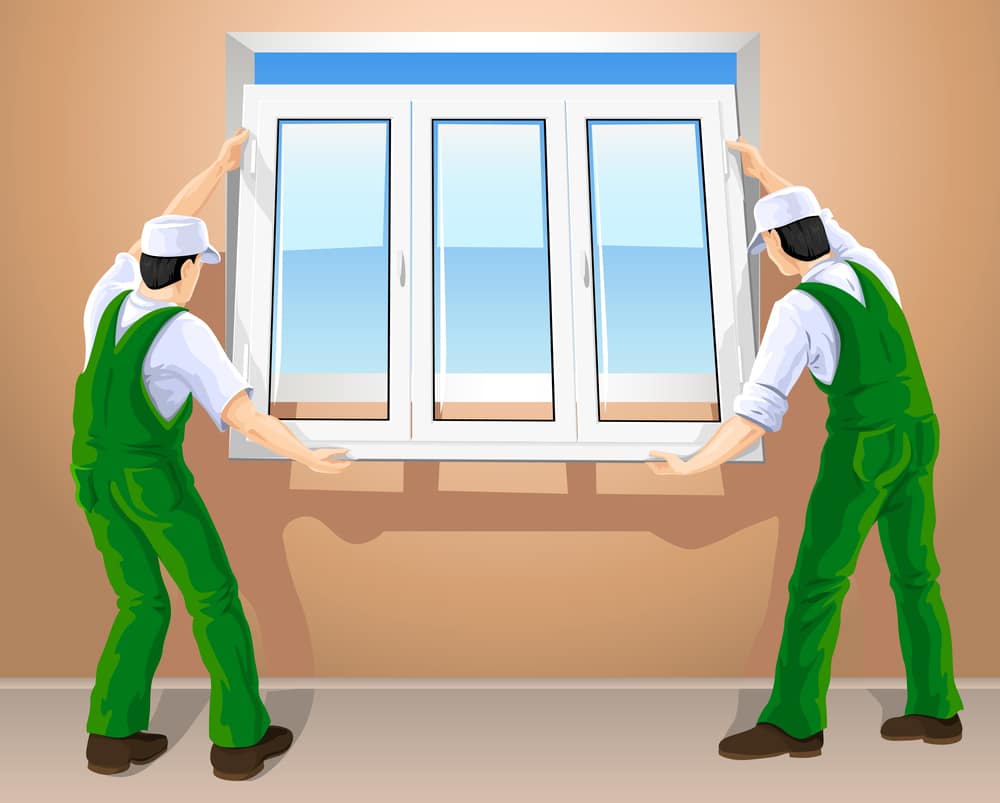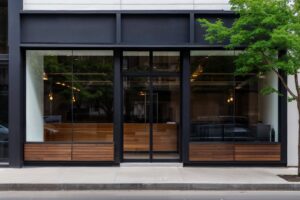Choosing whether to replace or repair glass or mirrors can be difficult. What’s more financially sound, and is there sentimental value attached?
It’s even more challenging when you’re considering antiques. Maybe a beloved heirloom French door now has a cracked pane, or perhaps you’re considering buying an antique with a cracked mirror.
In most cases, it’s better to keep antiques (those that are valuable) with as many original parts as possible. However, that’s only important for investment and resale value.
Consider antique windows, for example. You fell in love with the frame, but that beveled glass from 1918 does nothing to insulate your home. Not only is it wasting energy and keeping you cold in the winter and hot in the summer, it might not even be legal to use as an exterior window.
Instead, it might be better indoors as a showpiece (pro tip: Antique windows make gorgeous headboards).
Making the Call
For mirrors, antiques have silver backing that will naturally fade over the decades. It might get scratched when you move, and temperature fluctuations also can cause fading. If you like the shabby chic look, it adds character. However, if you prefer a mirror that actually mirrors you, you have some options.
It’s often cost-effective to simply keep the frame and replace the mirror. Beveled glass mirrors can be replaced with a more modern beveled glass so you can keep the charm you love. Replacing it with a flat mirror isn’t necessary if you don’t want to.
Plus, a new mirror in an old frame can look out of place and not as elegant. In some cases, you may even want the original one re-silvered, but that can be a costly (and is usually reserved for so-called purists).
A Strip Show
A third option is to remove all the silver from a mirror, called stripping, and rendering it “old glass.” Next, a professional can place a new mirror right behind it.
This option is only available if “holders and supports” are available for the original glass. Otherwise, there may not be enough space for two mirrors. With glass, many people prefer to match the new style with the original style.
Very old glass has “seeds” (which look like little bubbles) that give it that vintage look. Today, you can buy brand-new glass with that look, and it’s insulated to meet regulations and keep you warm or cool!
The costliest glass is curved, and is popular in antique cabinets with curved sides. Single panes of concave/convex glass also can come with a high price tag.
You may be able to find replacements online, but that can be risky (plus, shipping can get really expensive). Worse, these parts don’t come with pro installation, and it’s dangerous to attempt this task yourself. A better approach is to rely on a local glass and mirror expert.
Contact Murray Glass for all your glass and mirror needs, no matter how unique, aged or well-loved your pieces are.





